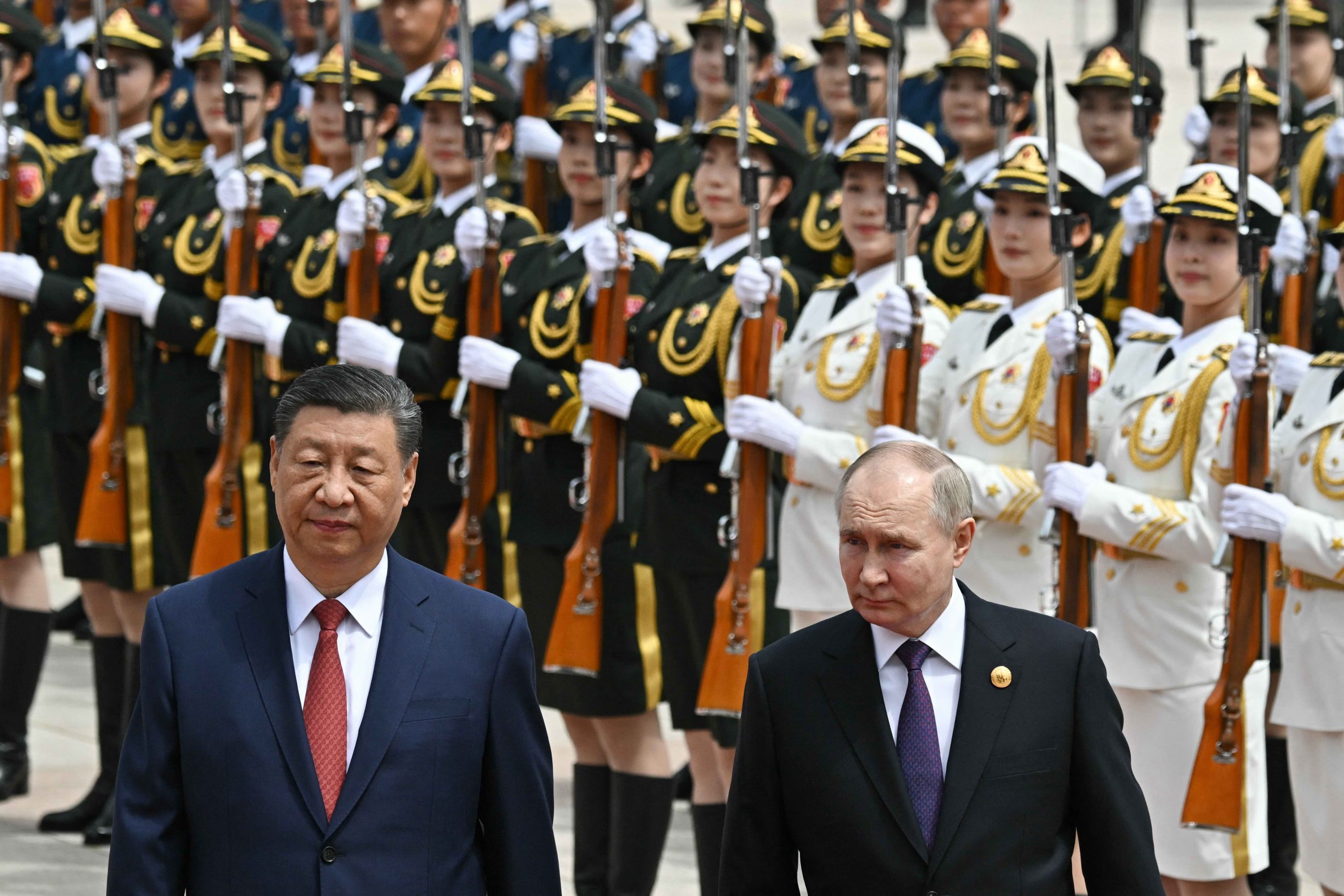The British army’s head, Gen Roly Walker, and George Robertson, head of the UK’s defence review, have expressed concerns about an emerging geopolitical alignment involving Russia, China, Iran, and North Korea. These countries have been described as the “axis of upheaval” and the “deadly quartet.” The Labour government has highlighted this emerging threat, less than a month into its tenure.
The primary concern lies in the growing military and trade links between these nations, particularly since Russia’s invasion of Ukraine. Though not a cohesive bloc, these countries have strengthened bilateral ties, causing anxiety among defence officials. Russia has sourced military supplies from Iran, North Korea, and China to support its war efforts while providing cheap crude oil to China and defence technology to Iran.
This cooperation has led to significant exchanges: Russia receives drones, artillery, and electronics while supplying oil and military intelligence. Recent high-level visits and agreements, such as Putin’s visit to North Korea, indicate a deepening relationship. These actions reflect a broader rejection of the US-dominated international order, even if the countries do not formally convene or hold summits together.

UK Defense Chiefs Warn of Emerging “Axis of Upheaval” Involving Russia, China, Iran, and North Korea
Joint military exercises, such as the naval drills by Russia, China, and Iran, underscore their cooperation, despite underlying mutual suspicions, particularly between Russia and China. NATO has acknowledged this strategic convergence, though it hesitates to label it an axis. However, the term “axis of upheaval” captures the shared dissatisfaction with Western dominance.
Western policymakers are challenged with how to respond to this potential “converging threat problem” by 2027 or 2028. Gen Walker warns of a scenario where these nations might support each other in future crises, complicating the strategic landscape. The Labour government, agreeing with Walker’s assessment, emphasizes the need for credible deterrence and has committed to increasing defence spending, though without a specific timeline.
This geopolitical situation raises concerns about interconnected global threats and the adequacy of military preparedness. Analysts like Neil Melvin highlight the difficulty for the US to manage simultaneous conflicts in Europe and the Indo-Pacific. The focus is on preventing war through credible deterrence against a grouping of self-supporting rearming nations.
